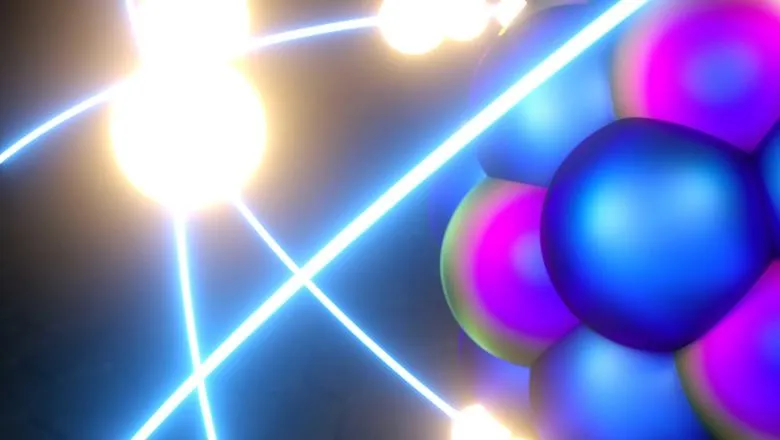This seemed like a unique opportunity for us to do something a little bit different, as an academic and a researcher. Although not ideal, we do still get evaluated by our publications and so to be able to do a public engagement activity that equally ended-up giving you something that is published was enticing as an academic.
Dr Samantha Terry, Senior Lecturer in radiobiology at The School of Biomedical Engineering & Imaging Sciences
16 March 2022
Academics peer reviewed by children for Frontiers for Young Minds journal
The paper describes the story of the discovery of nuclear fission and highlights the key contributions of a female scientist, Lise Meitner

Dr Samantha Terry, Senior Lecturer in radiobiology at The School of Biomedical Engineering & Imaging Sciences has published a new paper on Nuclear Fission and Lise Meitner in Frontiers for Young Minds, a journal reviewed by children.
The special paper, written specifically for young readers, describes the story of the discovery of nuclear fission and highlights the key contributions of a female scientist, Lise Meitner.
Dr Terry said the project is aimed at describing Meitner’s personal story but also describing nuclear fission and what it means in medicine in a way that is understandable by young readers.
The peer review process is undertaken by children aged between 9 to 12 years old.
During the referee process, the paper is evaluated for it being an interesting story, its relevance and impact to medicine, as well as presenting a powerful story of a female that has not formally been acknowledged for her scientific discoveries.
In the process of writing the paper, Dr Terry enlisted assistance from a 9-year-old to give feedback on how understandable the concepts in the paper were.
Dr Terry said the feedback included using diagrams to better illustrate complicated scientific concepts as well as using analogies, such as in this paper describing DNA as a blueprint.
“It’s not good enough to explain everything as concisely as possible, you have to explain every part of what you think is absolutely key to be able to get the final message across," Dr Terry said.
Dr Terry said preparing scientific content for young readers is hugely rewarding both at a personal level.
“It re-enthuses you for your own research and for being in academia. It also influences, or has the potential to influence your research depending on what kind of activities you end up undertaking,” Dr Terry said.
“It is quite nice to show how public engagement can be done in these different formats to suit different people’s needs, wishes and levels of comfort.”

